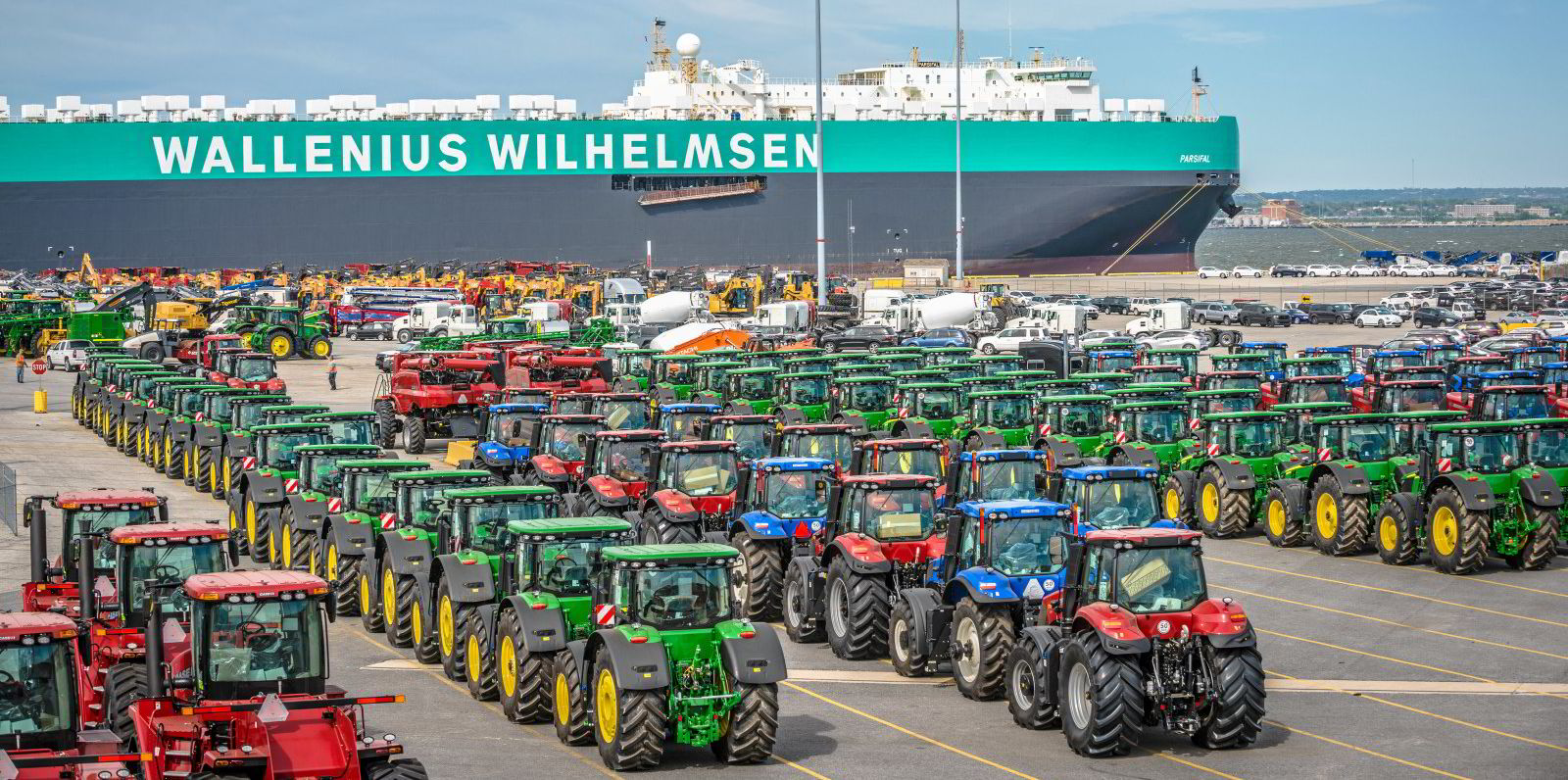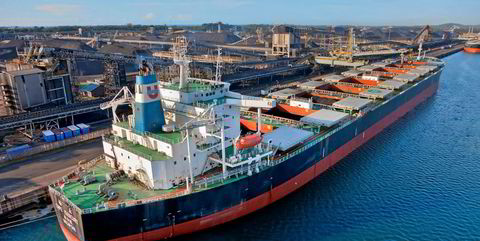Car carrier and terminal owner Wallenius Wilhelmsen has followed a solid second-quarter result by placing a NOK 1.5bn ($166m) unsecured bond.
The "significantly oversubscribed" offering jointly led by Danske Bank, DNB Markets, Nordea, SEB and Swedbank bears a floating interest rate of three-month Nibor plus 3.9%, the company announced on Friday. The bond has a maturity date of 3 March 2026.
Proceeds go to refinancing existing debt and general corporate purposes.
In presentations to potential investors, the car carrier giant detailed a pattern of recovery that has seen the company's results and its markets recover to pre-Covid-19 levels.
The company's fresh second quarter results came in with $17m of net profit, flipping a $69m loss in the second quarter of 2020.
Based on the company's chosen measure of adjusted Ebitda — which corrects for extraordinary items, in other words provisions related to antitrust cases against Wallenius Wilhelmsen — the development of business across the Covid-19 period becomes clearer.
The past quarter's results came in at $205m of adjusted Ebitda, nearly double the $104m reported a year earlier but near the figure for a healthy 2019. The company logged revenue of $978m, up from $606m in the second quarter of 2020.
Market volumes tell a similar tale. Wallenius Wilhelmsen shipped 16.2m cbm of goods in the second quarter. In the same period a year earlier, the volumes had crashed to 8m cbm, from 15.3m cbm in the second quarter of 2019.
The company said demand growth in high and heavy cargoes is even stronger, with volumes not seen since 2012.
The company had also pitched bond investors on the constrained state of fleet development for pure care and truck carriers as a strong plus for the company. Wallenius Wilhelmsen is in the process of putting its last laid-up vessels back in service and now counts a fleet of 132 vessels at a time of increasing demand.
With 80% owned Eukor, the Oslo-based company controls the world's largest car carrier fleet. Ocean shipping provides 71% of its Ebitda as tracked over the last four quarters, with terminals and logistics accounting for 11% and US government contracting business making up 9%.







